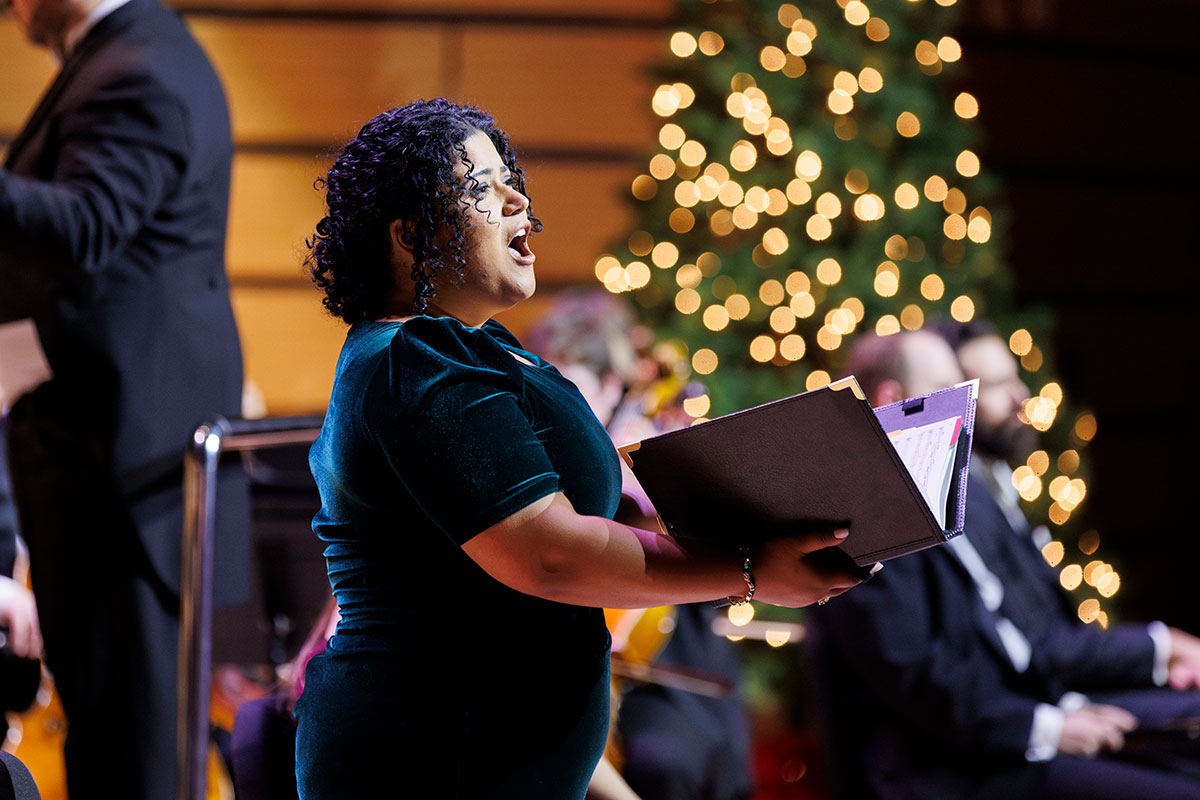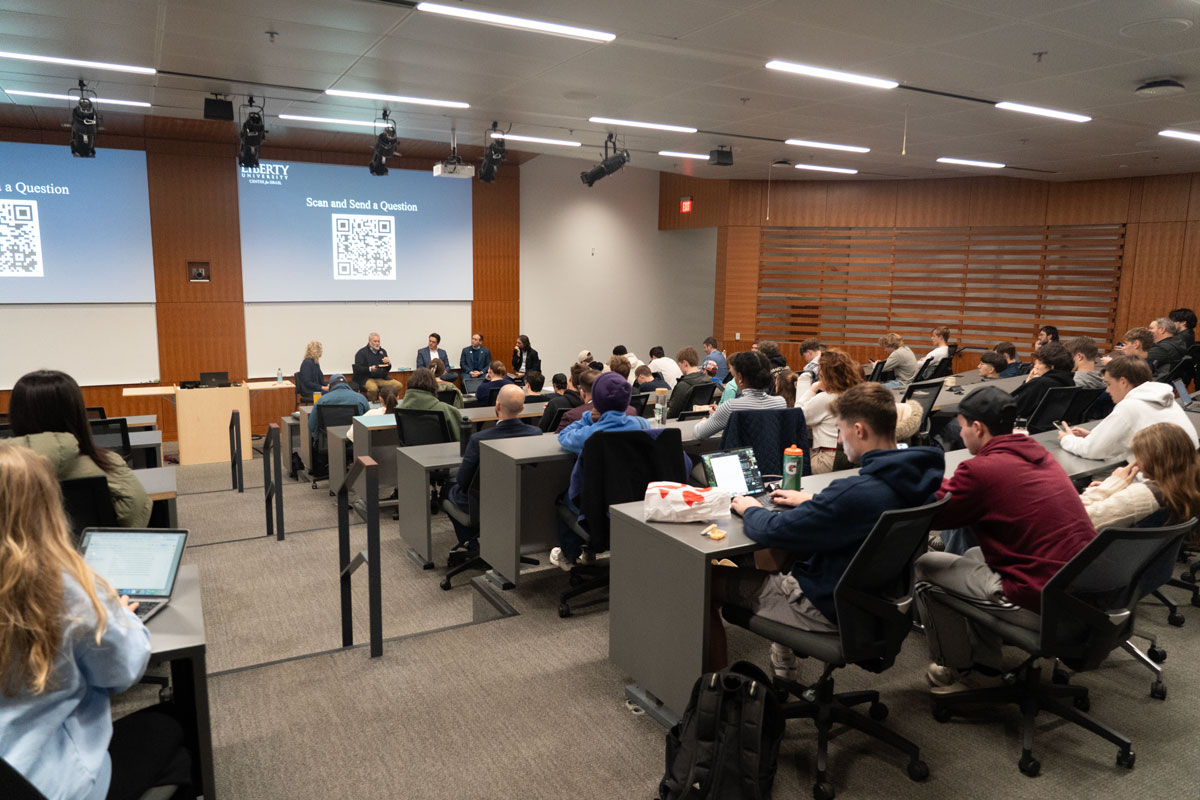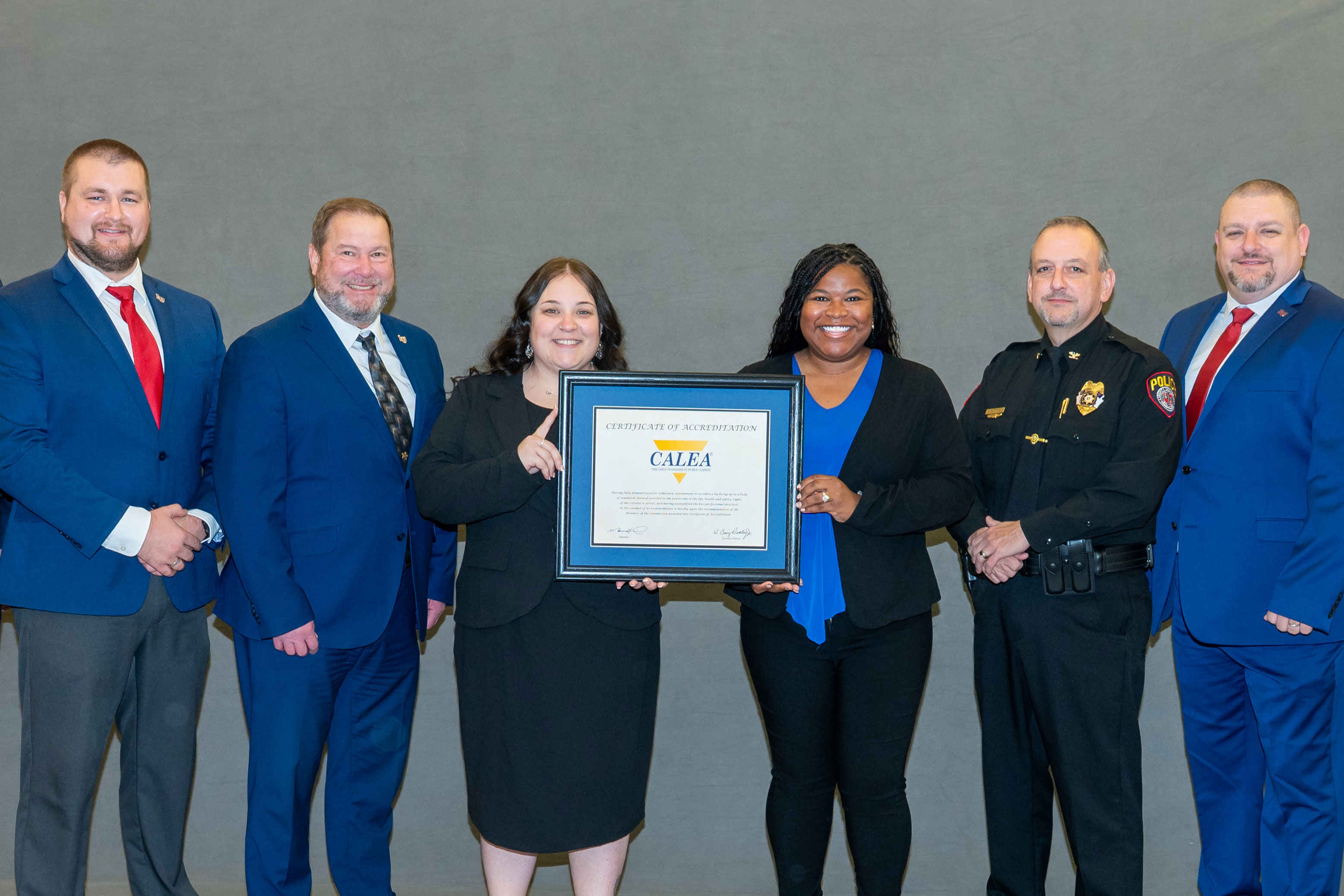Panelists take on national security issues at Liberty University CEO Summit
October 7, 2022 : By Logan Smith - Office of Communications & Public Engagement
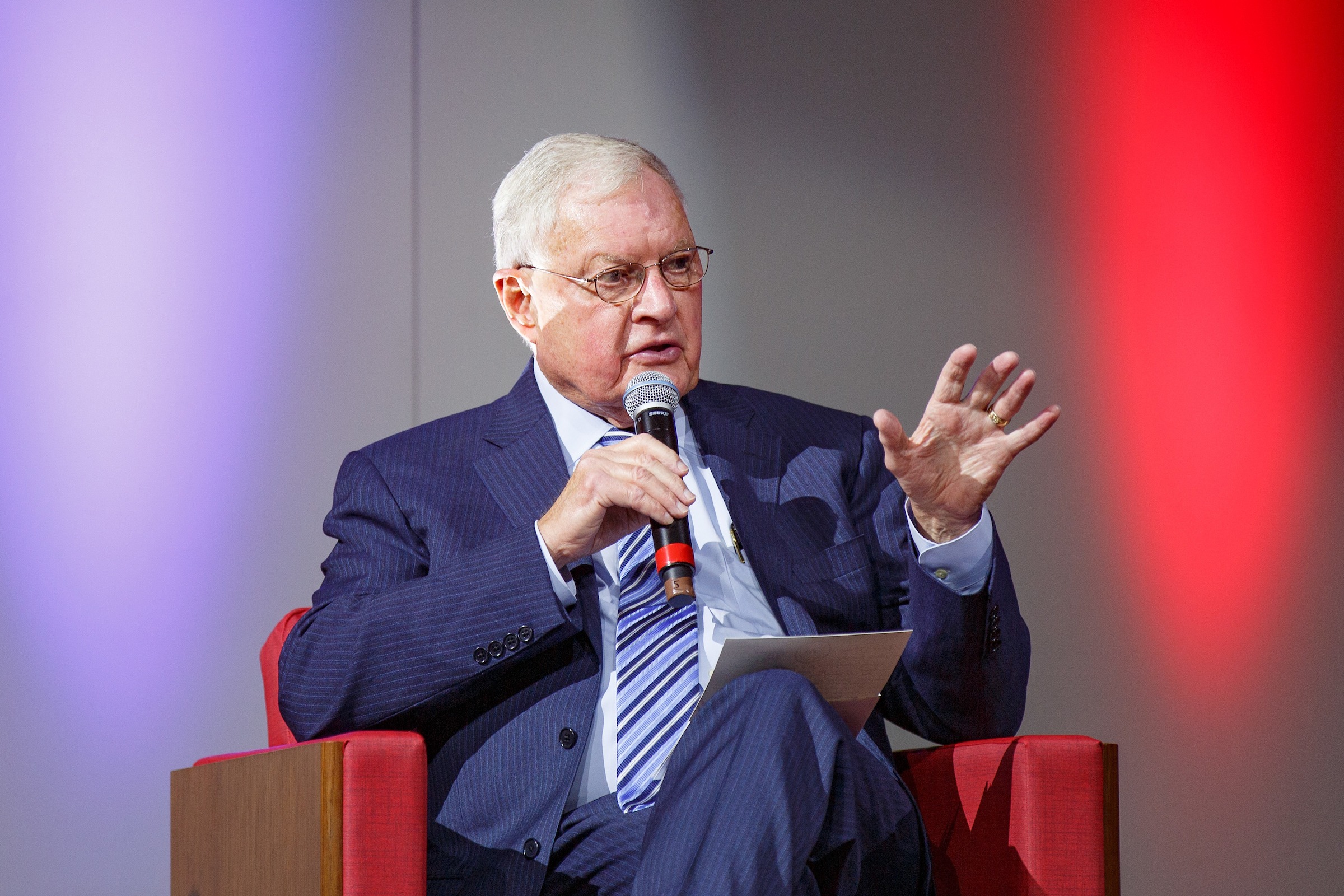
Liberty University hosted a panel titled “Globalism, Threats, and National Defense” on Thursday morning, part of the School of Business’ second annual Networking the Nations CEO Summit. Panelists tackled crucial issues including global effects of the Russia-Ukraine conflict, the America First agenda, an international business perspective on the geopolitical chessboard, and how macro-political factors affect the stock market.
Liberty has welcomed over 630 CEOs, political figures, athletes, and world-class faith leaders to campus with the goal of uniting industry minds from around the globe in promoting faith, friendship, and Judeo-Christian business principles. The three-day summit concluded on Friday.
Thursday’s panel, moderated by School of Business Dean Dr. Dave Brat, featured Major General Robert Dees; Keith Kellogg, former National Security Advisor to Mike Pence; Professor of International Relations and Politics at Pepperdine University Kiron Skinner; former Governor of Kentucky Matt Bevin; and former Chief of Staff to the Assistant Secretary of Defense for Special Operations Roosevelt Ditlevson.
The conversation weaved through a variety of themes, including immigration and national border security.
“There’s nothing wrong with countries protecting their own borders and ensuring the sovereignty of their nations,” Kellogg said. “When you go into a globalist environment, you are giving up your sovereignty for what you think is the betterment of the whole.”
While the foreboding realization of international threat loomed in the Towns Auditorium, Ditlevson offered a glimmer of hope. He said some countries have emerged as non-traditional strategic partners that can be positive for American businesses.
“It’s a time of global instability right now, and obviously everyone is very anxious,” he said. “We’ve seen what happens when we move from a position of strength to a position of weakness. It’s not good for the globe, it’s not good for American businesses, it’s not good for anybody. … But in that instability, there are incredible opportunities.”
Dees, who retired after 31 years of military service, said that national security begins with the nuclear family.
“I think national security starts in the home,” Dees said. “It starts with fathers, mothers, intact families. It starts with growing resilient children who then live resilient lives and do good things for America.”
Skinner touched on the United States’ response to China’s steady grip on the global economy, and how America must tap into the African continent to remain dominant and safe economically.
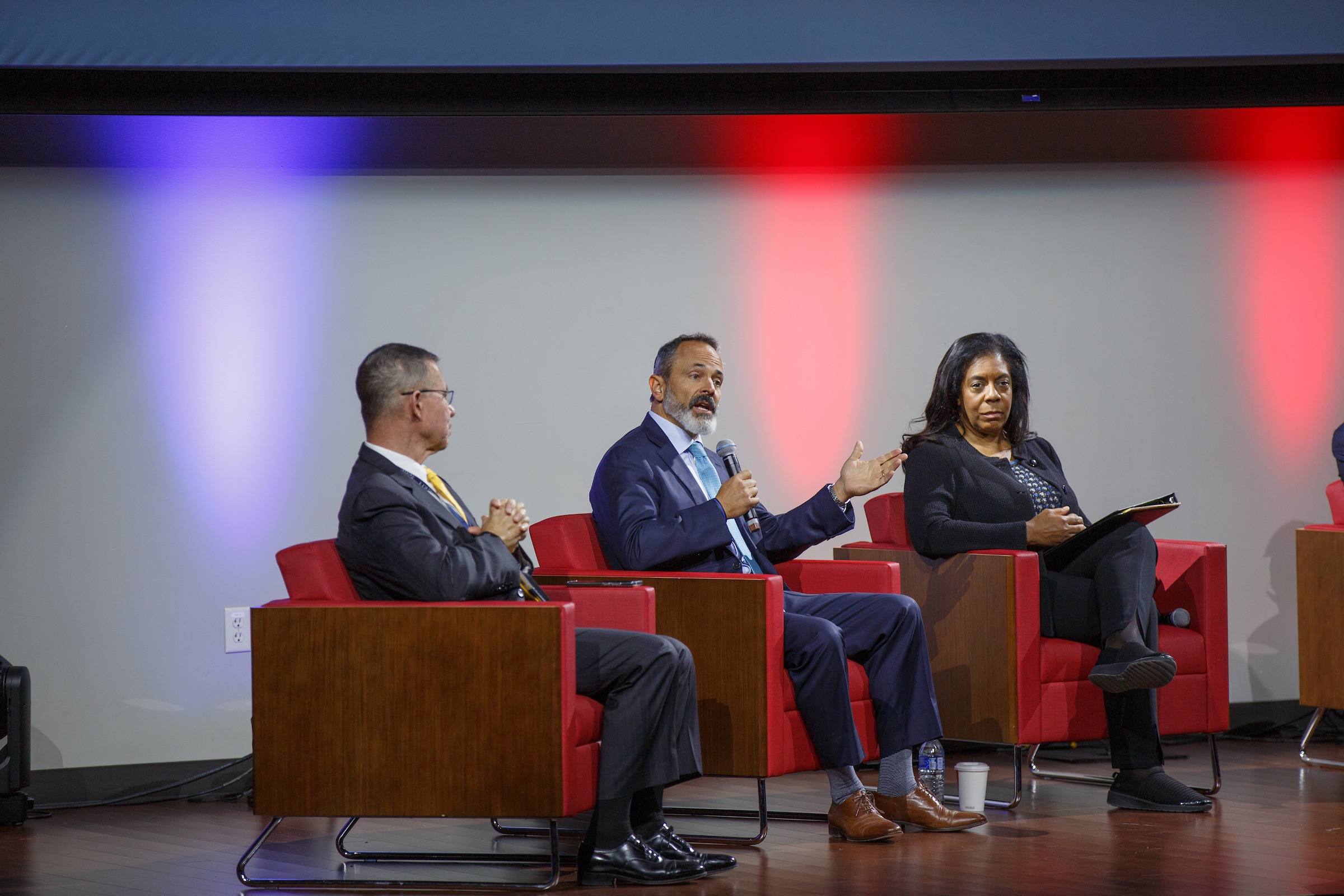
“I think the pathway for the United States to address China and Russia is through expanding ties with the global south,” she said. “There is no way in the long run to counter China without a more robust coalition of nations that include countries like Nigeria, Ethiopia, South Africa. … I think the attention that we can put on building relations in the global south will secure the position of the United States as a predominant power on earth.”
Bevin encouraged listeners to be observant, informed citizens and to steward their liberty, freedom, and opportunity as “wise as a serpent and as gentle as a dove.”
“We need to be very thoughtful, very intentional in this country, about how we manage our own business,” Bevin said. “If we were not the world’s reserve currency, our goose would be cooked, the gig would be up. Heaven help us if we aren’t the world’s reserve currency, because the piper will demand to be paid.”
For more news from the summit, go to Liberty.edu/News.
